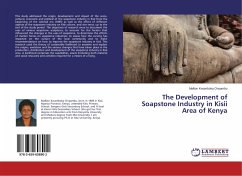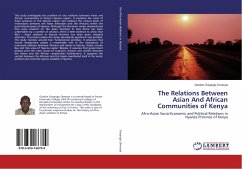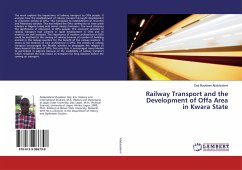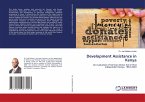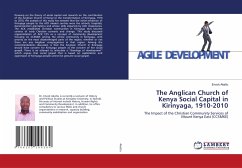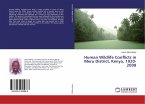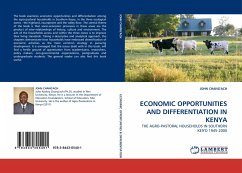This study addressed the origin, development and impact of the socio-cultural, economic and political of the soapstone industry in Kisii from the beginning of the colonial era (1895) as well as the effect of different aspects of the soapstone industry on Kisii culture, and vice versa, up to the end of the study period. The objectives of research were to document the uses of various soapstone sculptures, to account for the factors that influenced the changes in the uses of soapstone, to determine the effects of market forces on soapstone industries, to assess how the carving has impacted on the culture of the local community and to make recommendations on how to improve the soapstone industry in Kisii. This research used the theory of sustainable livelihood to examine and explain the origins, evolution and the various changes that have taken place in the production, distribution and development of the soapstone industry in Kisii area. A livelihood comprises the capabilities, assets (including both material and social resouces) and activities required for a means of a living.
Bitte wählen Sie Ihr Anliegen aus.
Rechnungen
Retourenschein anfordern
Bestellstatus
Storno

